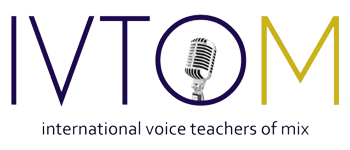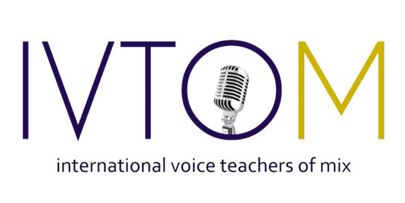Performance Training for Adults by Keri Hughes

Voice On Trial: Avoiding Failure
As an undergraduate voice major, I received my grade for private voice lessons by singing in front of the voice faculty at the end of each term. This event was called a jury and it felt like my talent was on trial as I waited for a verdict to be handed down by the professors on the other side of the table. Every term I would come down with a cold the week before my jury. Sometimes my cold would get me out of juries all together, sometimes I would explain my illness to the professors and they would be sympathetic in their grading. I realized after a while that getting sick was my way of avoiding failure. If I was sick and I didn’t sing well I had something to blame it on. It took the pressure off of me to be perfect, it gave me a reason for my mistakes. It was my safety net.
Last year I started a performance class for beginning adult students. One of my students, “Alice”, had been told years ago that she couldn’t sing. It had taken a lot of courage for Alice to start lessons. Singing a solo in front of a group of strangers was far outside her comfort zone. I wasn’t surprised when Alice came into the first class with an awful cold. Still she sang her song and was pleased with how well she did “even though she was ill”. When we discussed it later, Alice said she felt being sick may have been her body’s way of protecting her in a vulnerable situation.
The Psychological Side
In the first IVTOM Peak Performance training class with Dr. Jon Skidmore, he taught that one of the ways humans deal with anxiety is avoidance. It’s easier to run away from a fear than to face it. I’ve observed throughout my teaching years that untimely illnesses can offer a singer a way out of stressful situations either by making it impossible to participate, or by giving them a reason for failure if an opportunity doesn’t turn out the way they hope.
This does not suggest that every illness a singer gets is psychological in nature, but if you notice a pattern of illness linked to high stakes situations, it would be worthwhile to check in with your singer about their mental preparation for auditions and performances. How are they thinking about these opportunities? What do they feel is at stake? What mental skills could they practice to help make performing a more joyful experience?
Take Action
If addressing these issues is outside of your skill set, recommend that the singer work with a licensed therapist in a program like the one offered by Dr. Skidmore (https://www.jonskidmore.com) to learn how to develop a healthier mindset and deal with their anxiety in a more productive manner.
After two years of jury colds, I decided that no matter how sick I was, I was going to do the jury and give it my best. And guess what? I stopped getting sick. If only I had the tools then that I am learning now! I am thankful to IVTOM for providing the opportunity for Peak Performance Training and I look forward to learning more from Dr. Skidmore.

